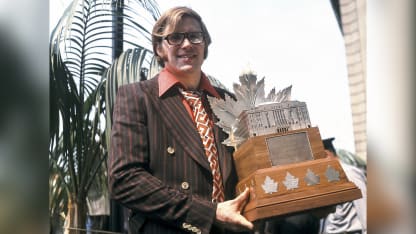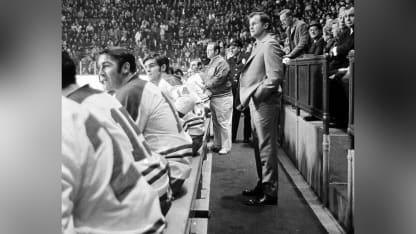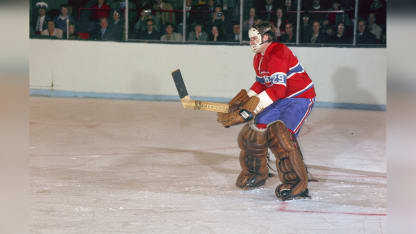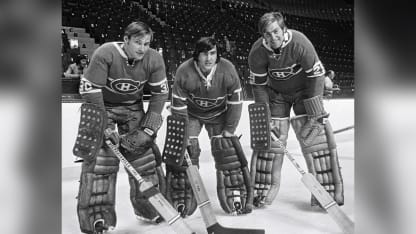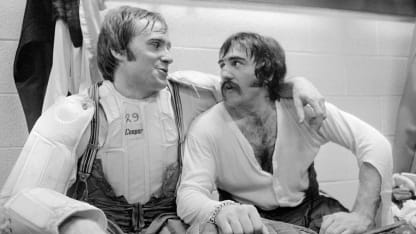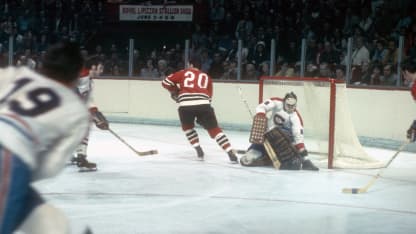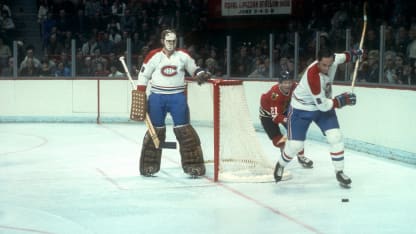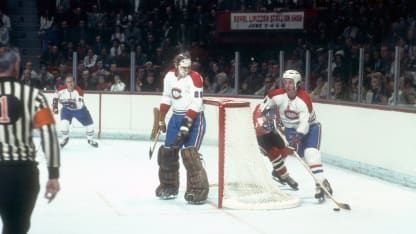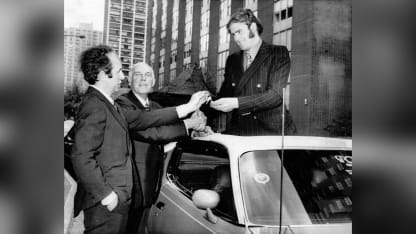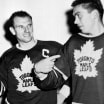MONTREAL -- Nothing suggested that the first round of the 1971 Stanley Cup Playoffs was going to be anything but a breeze for the defending-champion Boston Bruins against the overmatched Montreal Canadiens.
The Bruins were the NHL’s best regular-season team, their League-leading 121 points 24 better than the East Division’s third-place Canadiens. Boston’s 399 goals scored were 108 more than Montreal’s 291; the Bruins’ 207 goals against, second only to the 184 allowed by the West-leading Chicago Black Hawks, was marginally better than the 216 surrendered by the Canadiens. Boston’s goal differential of plus-192 was a ridiculous 99 goals better than second-ranked Chicago.
But few expected Canadiens coach Al MacNeil to come at the Bruins, and then the Minnesota North Stars and finally the Black Hawks, with a goalie who wasn’t yet even a rookie, a lanky law student with all of six NHL games to his credit.
Today, Ken Dryden looks back to 1971 as he considers the late MacNeil -- first as a signature in his 1950s schoolboy autograph book, then briefly as a teammate with Canada’s national team; one unforgettable stretch as his coach in Montreal; then a decades-long friend.
